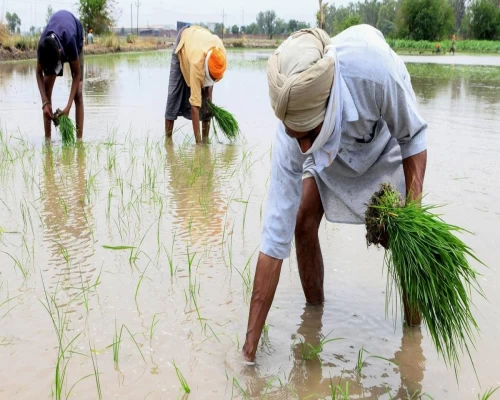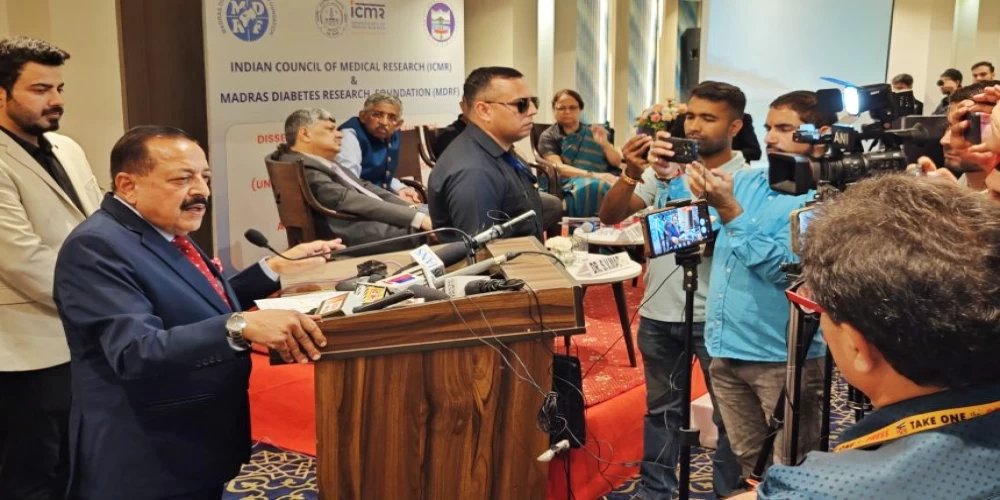
New Delhi: Union Minister Dr Jitendra Singh, a nationally renowned diabetologist, on October 21, released Jammu-related data from the world’s largest survey of its kind, the ICMR-India Diabetes 'INDIAB' Study. The survey assesses the prevalence of diabetes in India, including Jammu & Kashmir, with the findings presented in Jammu.
According to the survey, the overall diabetes burden in the Jammu region, covering 10 districts, is 18.9%, with 26.5% in urban areas and 14.5% in rural areas, figures higher than the national average.
Expressing concern over the rising cases of diabetes in the region, Dr Jitendra Singh called upon medical institutions, NGOs, and the media to raise awareness about the disease to prevent and control it before it reaches alarming proportions. He emphasised that the study offers a valuable opportunity for addressing non-communicable diseases (NCDs). He stressed the importance of adopting a multi-sectoral approach involving government, non-governmental agencies, the community, and individuals to slow or stop the rise of diabetes and other NCDs.
Describing the ICMR-India Diabetes (INDIAB) study as a landmark, Dr Singh stated that its findings will help estimate the health burden caused by diabetes, prediabetes, and metabolic NCDs. He also noted that the study will help shift the focus to prevention and control of diabetes and other NCDs in the Union Territory of Jammu and Kashmir.
Dr Jitendra Singh further explained that the study’s findings are expected to assist policymakers, health professionals, and stakeholders in developing targeted interventions for managing diabetes and other NCDs in Jammu and across India. He also stressed the importance of early detection and addressing the generational transmission of diabetes, especially among pregnant women.
The Union Minister urged all stakeholders to take steps to protect the youth from falling prey to this preventable disease, referring to them as the architects of a Viksit Bharat. He highlighted the need to nurture and preserve the energy and potential of young people to realise the goal of a developed India by 2047.
Dr Jitendra Singh also informed that the government is setting up 1,50,000 Health and Wellness Centres across the country, focusing on the prevention and control of NCDs such as diabetes, hypertension, and certain forms of cancer. He credited Prime Minister Narendra Modi with creating a preventive healthcare ecosystem in India, noting that this concept was largely unknown in the country before the COVID-19 pandemic. The minister acknowledged the prime minister's efforts in promoting preventive healthcare through traditional medicine and practices like Ayurveda, Unani, and yoga.
Dr Jitendra Singh highlighted the potential of unexplored Himalayan resources in Jammu & Kashmir, stating that they have significant potential for contributing to India's economy. He expressed satisfaction with India's recent impressive economic growth, noting that India is now among the top five economies globally. He remarked on the country's journey from being considered part of the "fragile five" to now being among the "top five" economies in the world.
The ICMR-INDIAB study also revealed that 10.8% of the population in the Jammu region is affected by prediabetes, emphasising the urgent need for action to combat the growing NCD burden in the area. The Jammu phase of the study surveyed 1,520 participants across urban and rural areas, providing critical insights into the region’s health landscape. The survey found that the prevalence of hypertension, generalised obesity, and abdominal obesity in Jammu is 27.1%, 41.7%, and 62.7%, respectively.
The study was conducted by the Madras Diabetes Research Foundation in collaboration with the ICMR and the Department of Health Research.
BI Bureau
Read more:


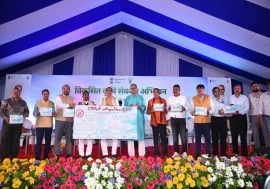
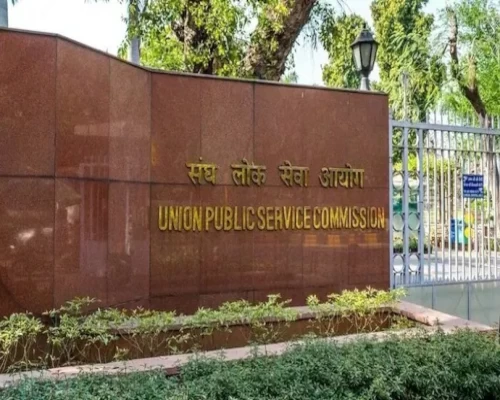


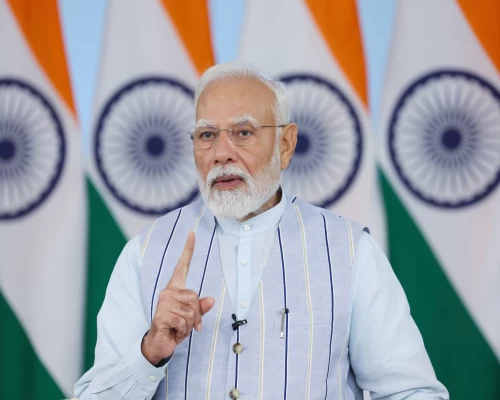
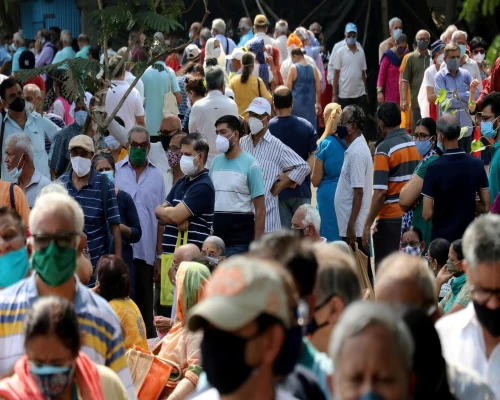
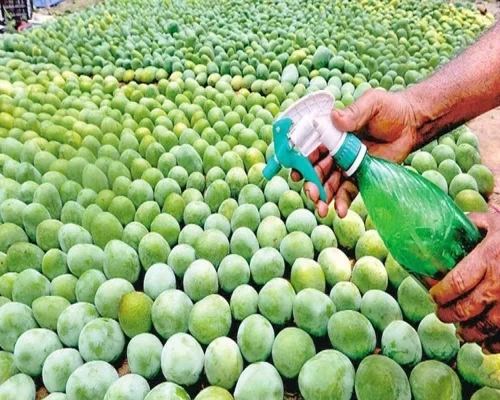
 (13)_500_x_400.webp)
